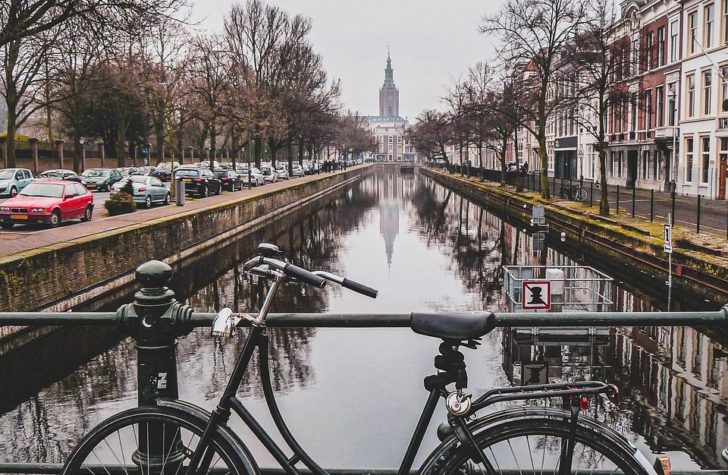Tour de France Start: A Historic Event in Cycling

Introduction:
The Tour de France, an iconic cycling race that captures the hearts of millions around the world, begins with a grand start. Known as the “Tour de France start,” this event marks the commencement of the prestigious race. In this article, we will delve into the significance of the Tour de France start and provide a comprehensive historical overview of its evolution over time.
The Importance of the Tour de France Start

As the initial stage of the Tour de France, the start represents the official beginning of the race, setting the stage for weeks of intense cycling battles. It not only captivates cycling enthusiasts but also attracts widespread attention from sports and leisure enthusiasts worldwide. The Tour de France start serves as a platform for riders to showcase their skills and determination while highlighting the unique landscapes and cultural heritage of the hosting region.
Through the Tour de France start, organizers aim to promote the spirit of competitive sports, encourage healthy lifestyles, and foster tourism for the host cities and regions. It is an event that unites fans, professionals, and casual viewers alike, creating excitement and anticipation for the race ahead.
Historical Evolution of the Tour de France Start
The Tour de France start has undergone significant changes over its long and storied history. Originally established in 1903, the race initially started in Paris but has since expanded to various cities across France and even other countries. Let’s take a closer look at the evolution of the Tour de France start:
1. Early Years (1903-1951):
During its formative years, the Tour de France always began in Paris, attracting massive crowds to witness the departure of the world’s top cyclists. The iconic Champs-Élysées served as the backdrop for these legendary starts. As the race gained popularity, the significant media coverage further elevated the Tour de France start to a national spectacle.
2. Regional Diversity (1952-1991):
In 1952, the Tour de France organizers introduced a new concept by moving the start to a different city each year, emphasizing regional diversity. This initiative aimed to showcase the rich cultural heritage and scenic landscapes of various regions in France. The Tour de France start became an opportunity for cities to promote tourism and stimulate economic growth.
3. International Expansions and Ceremonial Innovations (1992-Present):
Since 1992, the Tour de France start has ventured beyond France’s borders, starting in foreign countries. This globalization has allowed the race to gain international recognition and reach a broader audience. Alongside these international expansions, organizers have continuously sought innovative ways to enhance the spectacle of the Tour de France start. Elaborate opening ceremonies, such as parades, concerts, and cultural showcases, have become a common feature, adding to the grandeur and excitement surrounding the event.
Apart from the geographical changes, the Tour de France start also witnessed alterations in the race format, with the introduction of prologues, individual time trials, and team time trials on occasio

















